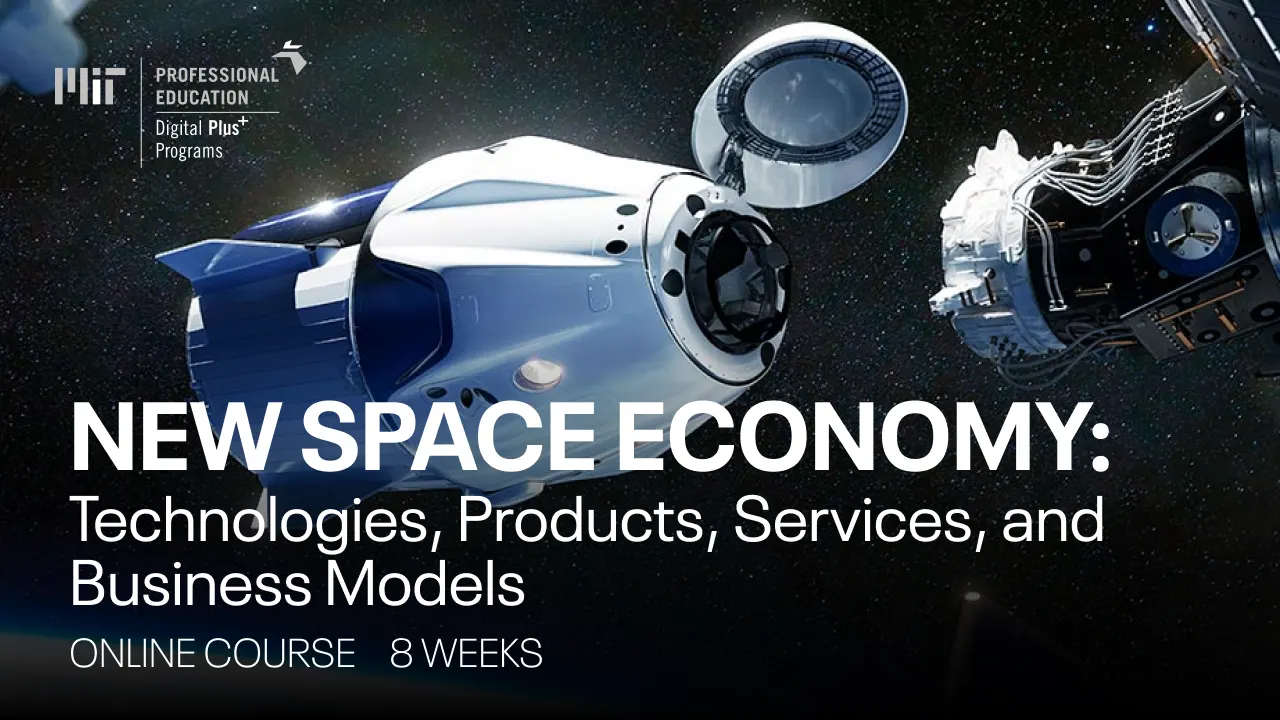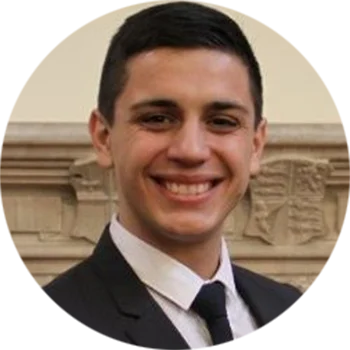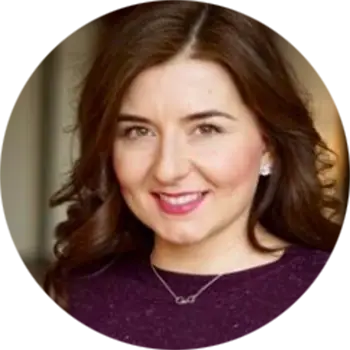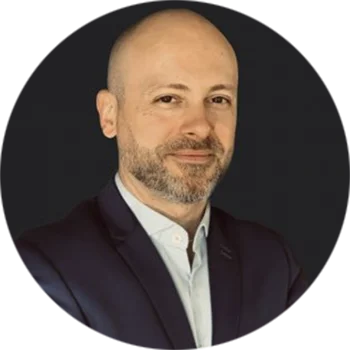New Space Economy:
Technologies, Products, Services, and New Business Models
From Traditional Space to The Next Frontier
The New Space economy is global, entrepreneurial, and, most importantly, accessible. It is increasingly diversified and expanding with private players across a variety of sub-sectors. There is a truly astronomical growth in funding and investment. This has been made possible because the New Space economy is finally connecting to the larger global economy.
$447 billion
The global space economy’s potential value in 2020, which was 55% higher than its valuation the decade before.
Source: The Space Report 2021 Q2
$93 billion
It is projected that between 2023 and 2027, governments worldwide will invest $93 billion USD in space exploration.
Source: Statista
+81%
The top three investors in the global space economy are the United States, China, and the European Space Agency. Collectively, these countries constituted more than 81% of government space spending in 2020.
Source: Space Foundation
An Online Course Offering the Fundamentals of New Space and New Space Economy
MIT Professional Education’s online course New Space Economy presents an encompassing overview of production, services, and new business models to this rapidly accelerating emergence in the global economy. This course draws on industry case studies and an engineering approach to structure understanding of New Space products and services.
This course provides the foundations for understanding the New Space economy from the frameworks of product, processes, funding, business model, technology, and market. Using systems thinking, this course provides a comprehensive overview of the New Space sector and an introduction to key innovations in terrestrial applications such as Earth observation, telecommunications, navigation, and services.
The skills you will develop
1.
The history and evolution of the space sector
2.
Key elements of the space sector value chain
3.
Understanding key innovations in New Space from technology, product, service, and business model perspectives
4.
Landscaping the New Space economy from technical and business perspectives
5.
Proficiency in the application of New Space technologies and ventures in commercial domains
6.
Comprehension of the key differences between New Space and traditional space activities
7.
Identifying and sizing opportunities for innovation in space activities
8.
Recognition of the impact of New Space in non-space application verticals
9.
Development of new business opportunities related to the development and use of New Space technologies.
In addition, you will receive a Certificate of Completion
All the participants who successfully complete the online course New Space Economy: Technologies, Products, Services, and Business Models will receive an MIT Professional Education Certificate of Completion. Furthermore, participants will receive * MIT Continuing Education Units (CEUs)*.
To obtain CEUs, complete the accreditation confirmation, which is available at the end of the course. CEUs are calculated for each course based on the number of learning hours.
* The Continuing Education Unit (CEU) is defined as 10 contact hours of ongoing learning to indicate the amount of time they have devoted to a non-credit/non-degree professional development program.
To understand whether or not these CEUs may be applied toward professional certification, licensing requirements, or other required training or continuing education hours, please consult your training department or licensing authority directly.
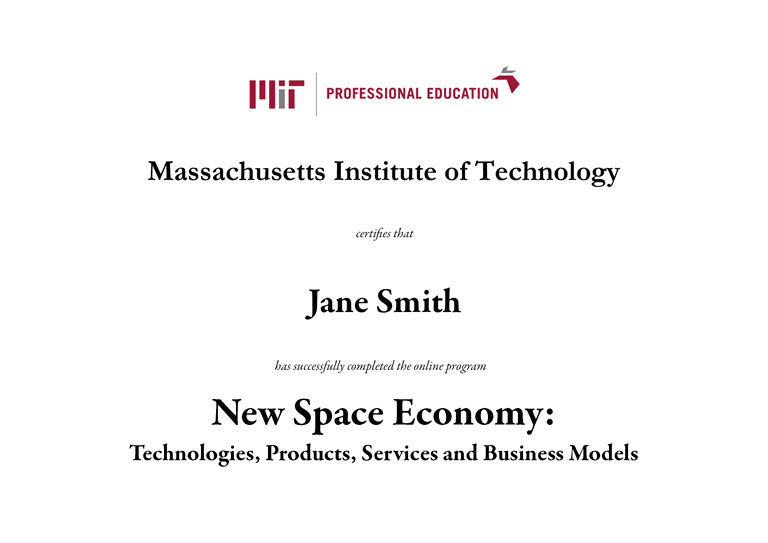
Participant Profile
This course is designed for professionals from a number of backgrounds who are interested in understanding the New Space Economy, its innovation opportunities, its potential to shape society, and its effect on the global market. The professionals poised to benefit most from the expertise and skills shared through this course include:
- Engineers who want to understand the key engineering drivers for New Space products and technologies
- Engineering managers interested in analyzing New Space products and technologies from a systems engineering perspective, and how they compare with traditional space analogs.
- Entrepreneurs wanting to determine what future opportunities exist in the development of New Space.
- Investors who desire to understand the key differences between New Space and traditional space from the perspective of stakeholders and their needs, as well as from a technology, product, service, and business model standpoint.
- Students wanting to understand the key innovations in products, services, technologies, and business models in shaping the New Space economy.
Meet the instructors of this course
Listed in alphabetical order
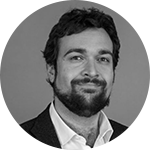
In addition to his academic career, Prof. Golkar served as Vice President Concurrent Engineering at the Corporate Technology Office of Airbus in Toulouse, France, from 2017-2019. During his time at Airbus, Prof. Golkar was part of the Leadership Team of Technology Planning and Roadmapping, that developed the methodology for steering the R&T budget for the Company at group level.
Prof. Golkar is the author of 117 publications and serves as Associate Editor for the INCOSE Systems Engineering journal. a technical referee for the AIAA Journal of Spacecraft and Rockets, the AIAA Journal of Aerospace Information Systems, INCOSE Systems Engineering Journal, Acta Astronautica, the IEEE Transactions on Aerospace and Electronic Systems, and as the guest editor for the 2015 Special Issue on Federated and Fractionated Satellite Systems hosted by the AIAA Journal of Aerospace Information Systems (JAIS). He is a member of the AIAA, IEEE, and INCOSE.
• Holds a PhD in Aeronautics and Astronautics from the Massachusetts Institute of Technology (MIT).
• Has master’s and undergraduate degrees in Astronautical and Aerospace Engineering from Sapienza University of Rome.
• Has prior work experience working as a founder and advisor to space startups in Europe.
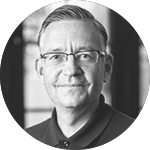
Since 2001, Professor de Weck’s group has developed original quantitative methods and tools that explicitly consider manufacturability, flexibility, commonality, and sustainability, among other characteristics. His teaching emphasizes excellence, innovation, and the irrefutable bridge between theory and practice.
- Holds a degree in industrial engineering from ETH Zurich and an MS in aeronautics and astronautics from MIT.
- Earned a PhD in aerospace systems from MIT.
- Was an engineering program manager on the F/A-18 aircraft program at McDonnell Douglas.
